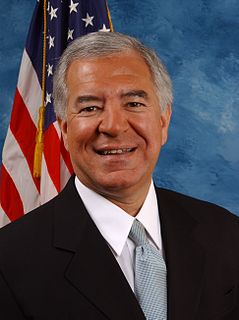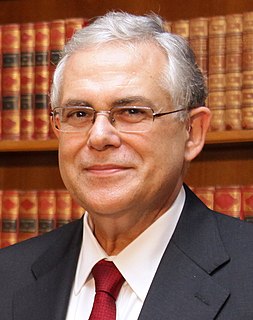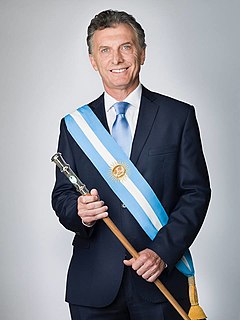A Quote by Benjamin Wittes
Reasonable people can disagree about the authorities the NSA should have, when it's appropriate for the CIA to use drone strikes, and how assertive U.S. foreign policy and intelligence should be.
Related Quotes
I believe we should use any and all means necessary to take out people who pose a threat to us and our friends around the world. And it’s widely reported that drones are being used in drone strikes, and I support that and entirely, and feel the president was right to up the usage of that technology, and believe that we should continue to use it, to continue to go after the people that represent a threat to this nation and to our friends.
To advance from a nuanced dissent to a compelling vision, progressive policymakers should turn to the great mainstay of twentieth-century U.S. foreign policy: liberal internationalism... (which) should offer assertive leadership - diplomatic, economic, and not least, military - to advance a broad array of goals.
Economics should be defined in terms of what it is about. It should be about how people produce things, how people exchange them, how people earn income, how they pay taxes, how the government provides infrastructure with tax revenue, and how it conducts monetary policy. The subject has to be defined in terms of the object of inquiry.
We know that, immediately after 9/11, the CIA set up a program to collaborate with 80 foreign countries to varying degrees. The CIA also started funding other intelligence services in order to use them as proxies. We also know that some of these collaborations were kept off the record; supposedly, there is no paper trail.
































